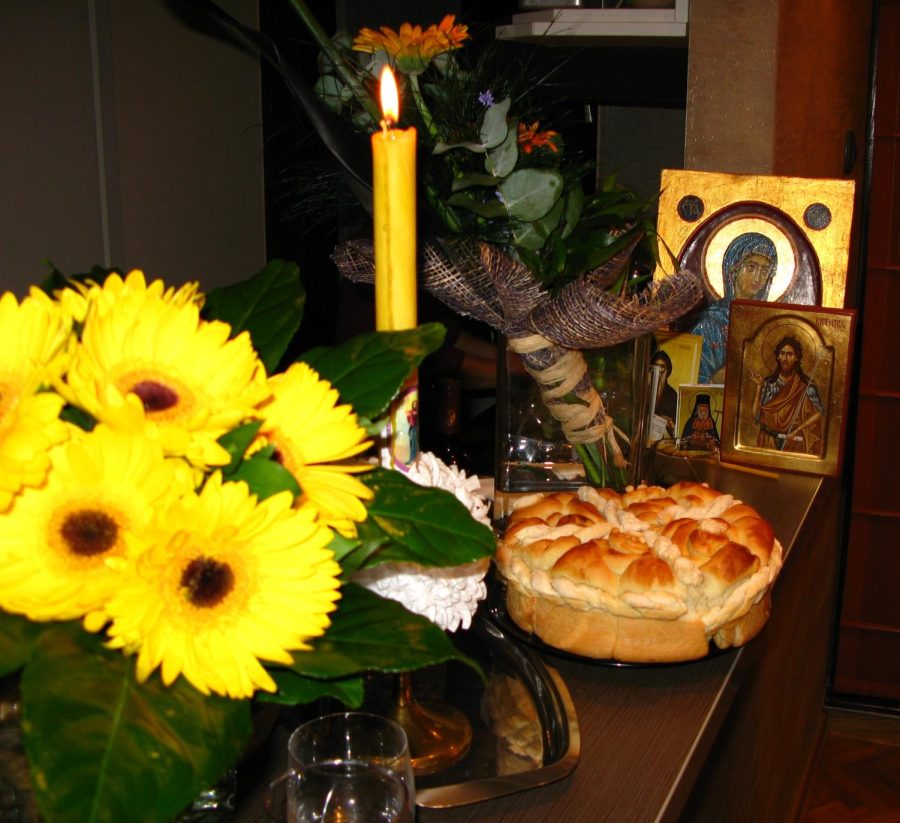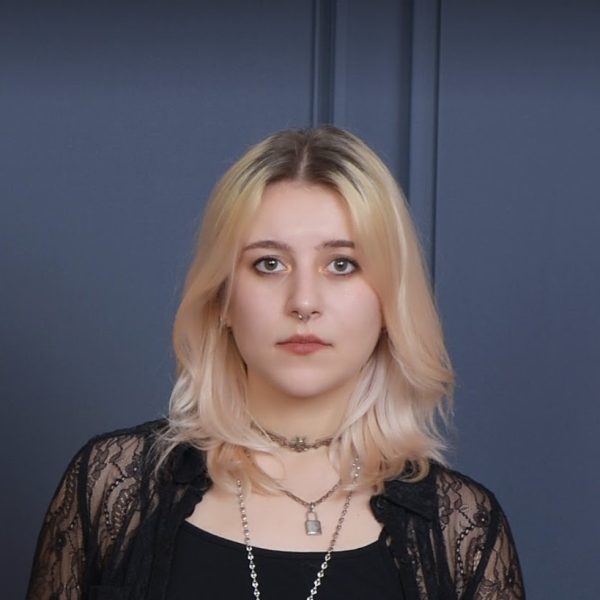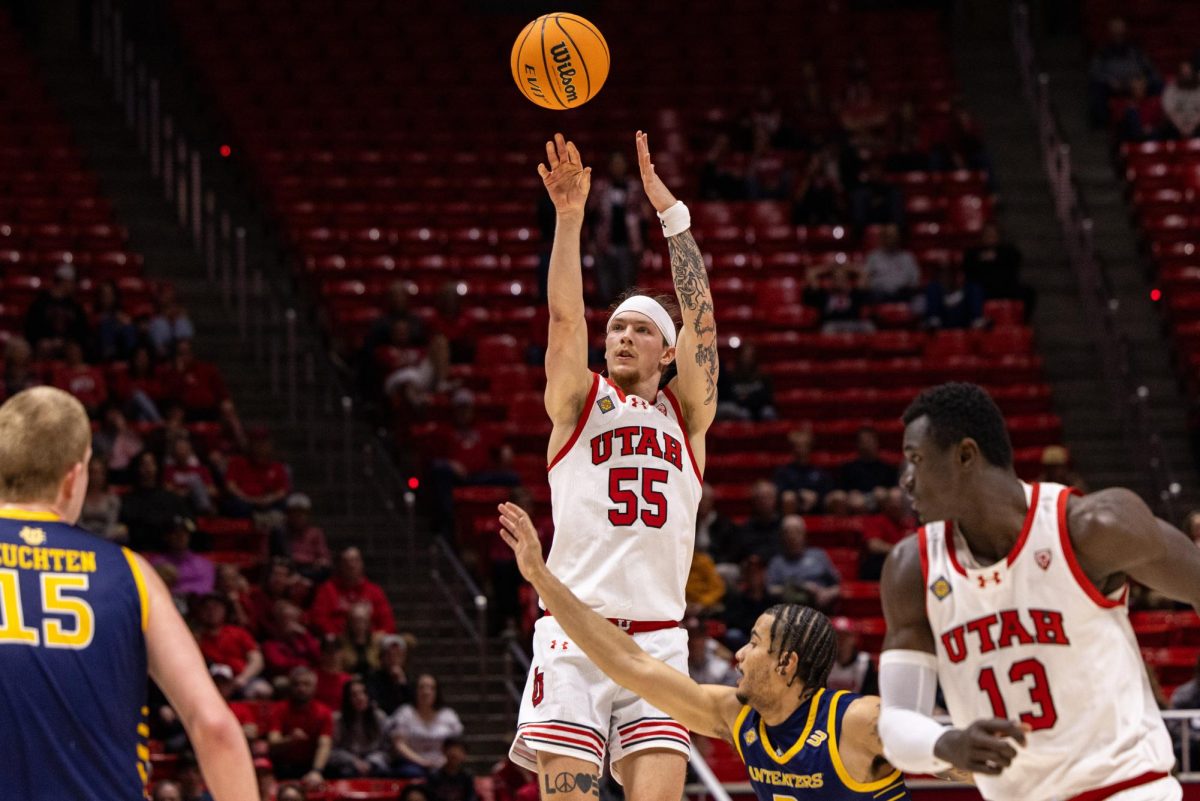Lezaic: Embracing the Growth of Traditions and Culture
Celebrating Slava of St. Johns in Belgrade, Serbia. (Photo by Petar Milošević | CC BY-SA 3.0)
July 20, 2022
Growing up, I panicked about my ability to maintain and pass down my culture. I didn’t know or like many Balkan people enough to invite them into my life. I knew only who and what my family showed me, and I felt incapable of replicating it. I visualized myself as the death of my own culture.
A couple of years ago, I began a journey of cultural reconnection. Rediscovering my roots from different angles gave me plenty to think about, including my ability to maintain traditions. But recently I’ve thought less about my responsibility to preserve my culture and more on how to promote collective growth within it. Growth is the only option for cultures to survive and thrive.
Experience With Growth
One tradition I grew up with was the Serbian celebration known as “slava.” A slava revolves around a family’s patron saint, who acts as a guardian. In honor of the patron saint, Serbs prepare traditional dishes and invite other Serbian relatives and friends. The annual tradition takes place in the family’s home, where special candles, wine, blessed bread and boiled wheat await.
This summer, I went to a slava hosted by a young woman named Katharina Nekic. Nekic’s mother usually throws the slava to celebrate her daughter’s recovery from illness as a teenager. But this year, Nekic took up the torch from her mother and hosted her own amazing slava for the first time.
Not only did I rejoice in seeing a young person continue our traditions, but I saw her replicate them in a refreshing way. When discussing her planning process, she told me over email, “This year I decided to organize it according to my wishes and to also break with certain … traditions? … It was in a way very liberating.”
Most of the guests weren’t Serbs, but they eagerly danced to older Serbian music and ate traditional Serbian dishes. Apart from the usual platters of olives, bread and dolmas, there were boxes of donuts containing every possible flavor combination.
Nekic later asked guests to play songs from their own countries, resulting in a beautiful display of people celebrating their own cultural songs. Nekic especially found joy in their participation. Her favorite part was “that everybody just naturally blended in, even though all come from different backgrounds and beliefs. I love that my mum liked it so much, even though it was so different from our usual ones.”
The slava helped me imagine throwing my own celebrations with Serbian elements. I don’t have to seek more Serbian friends to feel Serbian. Instead, I can invite the friends I already have and love to such parties and give them that part of myself. I’ll show them the foods I eat, the music I listen to and the stories I have — and I’ll create a space where they can do the same.
Pushback Against Growth
Being vulnerable with one’s closely held customs can open an individual to ridicule — especially when living in a foreign nation. I remember long talks with a Balkan friend about other kids making fun of our last names or side-eying our lunches. Others with similar immigrant backgrounds experience this as well.
Oftentimes we feel the need to hold on tighter to customs we feel we are losing. After all, change comes with uncertainty. But sometimes we forget change is an entirely valid option. Following traditions the same way for so long can make people lose sight of adaptability. Even within our own circles, we have rigid ideas of what traditions can look like.
Nekic reflected on such ideas, saying that they “often felt like an obligation to do things a certain way, behave a certain way … this year I broke with that feeling of obligation.”
The Importance of Change
The world is changing — that fact is perhaps one of the few constants in life we can rely on as a species.
In addition to changing the menu options, Nekic boldly created a safe space within a cultural setting where such spaces aren’t always the norm. In doing so, she breathed life back into the slava tradition. At her celebration, there were all sorts of identities, feminist rants and a redefinition of what it means to host a slava.
In her words, “My slava was very liberating for me, because I wanted it to reflect myself. … I only invited people I truly love and I refused to play a certain role or pretend things. My slava was about being thankful for the protection I’ve got and appreciating it with all my being, and my guests reflected this.”
Cultures grow and die — it’s inevitable. But what matters most is that we’re not passive about our culture’s fate. Traditions serve people and changing them to suit our needs will help keep them alive. Nekic’s parting remark is to “decide for yourself which behavior or traditions you want to carry out. Or not.”








